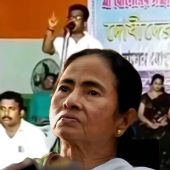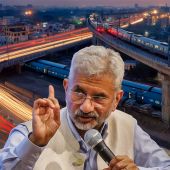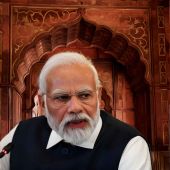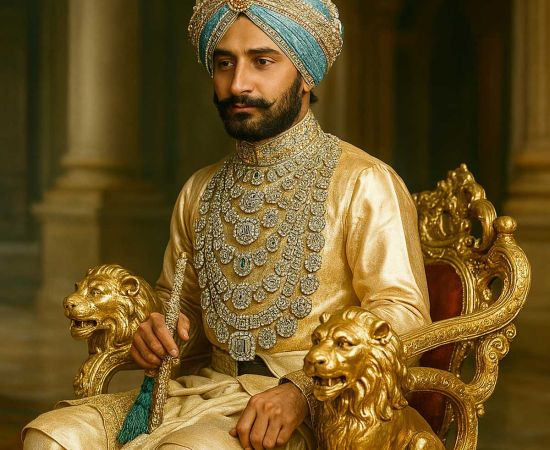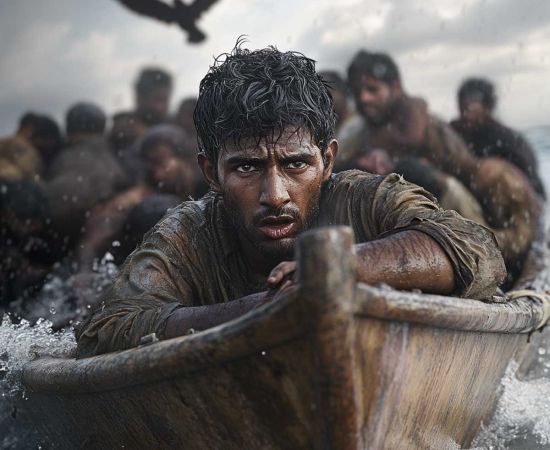When Nehru faced mass opposition for restraining press freedom and freedom of expression to protect ‘moral standards’ of Indians
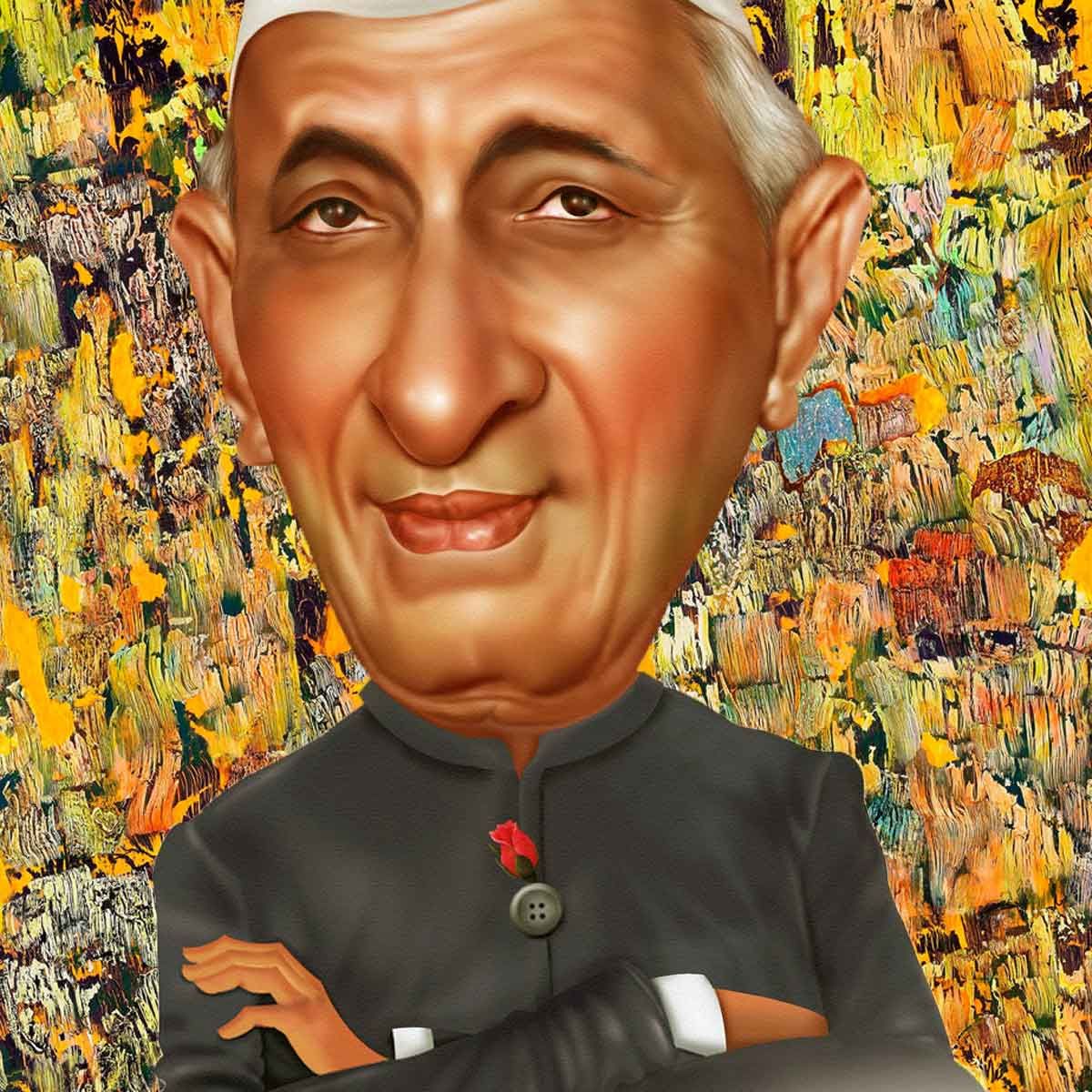
The First Amendment in the United States of America protects constitutionally the right to freedom of speech and expression of its citizens. Under no circumstances can governments in the United States prosecute an individual for an opinion. Ironically, the First Amendment in India had exactly the polar opposite effect. It was brought in to curb the free speech rights of its citizens.
The first Prime Minister of India, who is again ironically hailed as a beacon of liberalism, was insistent on curbing the freedom of the press. According to a report published by The New York Times on the 17th of May, 1951, Nehru was steadfast in his commitment towards curbing free speech.
Nehru claimed that the First Amendment was necessitated by the “vulgarity, indecency and falsehood” that the press was supposedly indulging in. In his view, it was, therefore, necessary to empower the State to crack down on newspapers to ensure that the “main purposes of the Constitution are not defeated”.
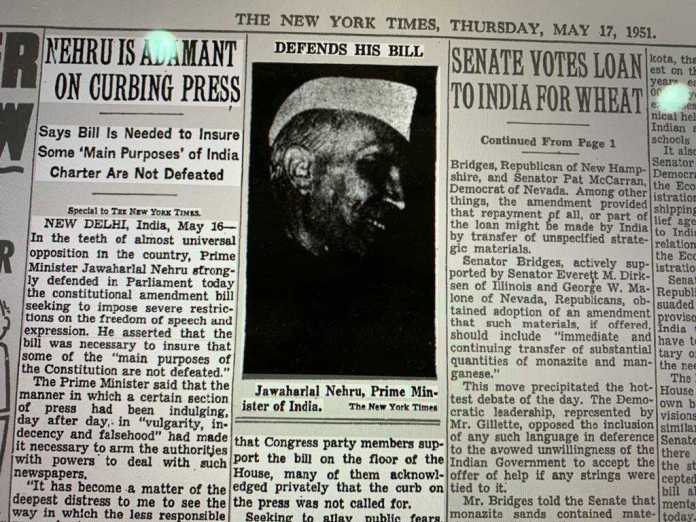 Source: The New York Times |
Jawaharlal Nehru said, “It has become a matter of the deepest distress to me to see the way in which the less responsible news sheets are being conducted… not injuring me on this House much, but poisoning the minds of the younger generation and degrading their mental integrity and moral standards.”
“It is not for me a political problem but a moral problem,” Nehru said before opining that it had become “impossible to distinguish what is true and what is false.” Here we see the Indian Prime Minister anointing himself as the moral arbiter of the country. Of course, the problem for him was entirely political as he and his party were coming under intense criticism but since it would not be feasible to curb the free speech rights of citizens on the basis of his personal predicament, he externalized the issue and presented it as a grave moral crisis.
It is known that at the time the Prime Minister himself and his coterie of ministers were facing intense criticism from the media as well as his political opponents in the form of both communists and the Hindu Mahasabha. Therefore, he decided to use the state machinery to crackdown on his political opponents in order to ensure that his power remains unchallenged.
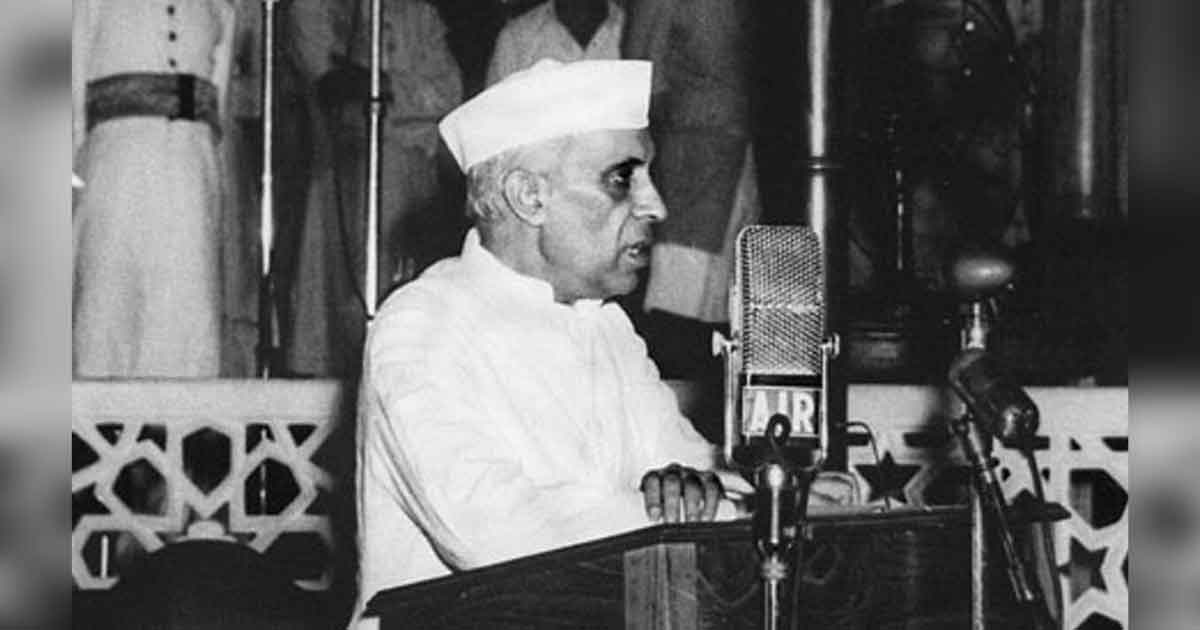 |
Stalwarts such as Shyama Prasad Mookerjee said that nothing had occurred thus far that justified the curbing of the freedom of the press. But Jawaharlal Nehru would have none of it. He proceeded with his measures and ensured the enactment of the amendment of the First Amendment that would severely restrict the freedom of the press.
The Indian Government lists in its statement of object and reasons section regarding the enactment of the amendment, “The citizen’s right to freedom of speech and expression guaranteed by Article 19(1)(a) has been held by some courts to be so comprehensive as not to render a person culpable even if he advocates murder and other crimes of violence. In other countries with written constitutions, freedom of speech and of the press is not regarded as debarring the State from punishing or preventing abuse of this freedom. The citizen’s right to practice any profession or to carry on any occupation, trade, or business conferred by article 19(1)(g) is subject to reasonable restrictions which the laws of the State may impose “in the interests of the general public”.”
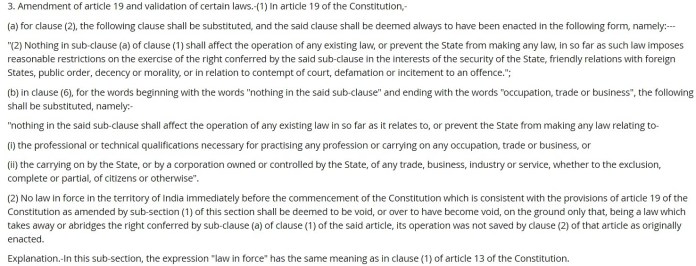 |
The First Amendment with regards to the freedom of speech and expression of an individual “imposes reasonable restrictions on the exercise of the right conferred by the said sub-clause in the interests of the security of the State, friendly relations with foreign States, public order, decency or morality, or in relation to contempt of court, defamation or incitement to an offence.”
The enactment of the First Amendment, predictably, led to the persecution of those critical of Jawaharlal Nehru. Poet and lyricist Majrooh Sultanpuri was arrested and spent a year in prison for a poem that was critical of the first Prime Minister of India. He also allegedly got a Times of India column discontinued because it was too critical of him.
Since then, the Congress party has regularly curbed the freedom of speech and expression of citizens and the press in order to maintain its hegemonic control over India. The most notable of it was, of course, the Emergency of 1975 under Prime Minister Indira Gandhi, however, there have been numerous other occasions on which the party has arrested editors and journalists simply because they were too critical of the party.
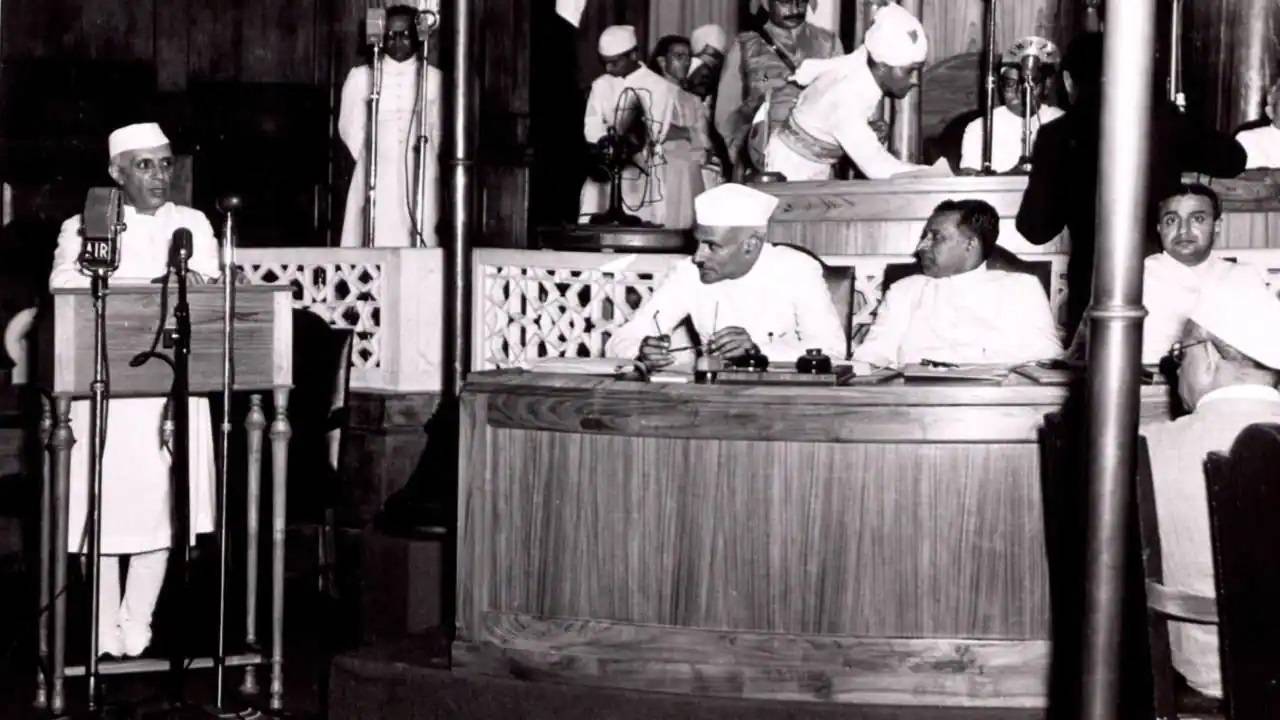 |
The desire of the Congress party to control the press is still very much alive to this day, even at a time when they have lost all relevance at the national level. For instance, senior Congress leader Kapil Sibal said recently that the press is not entitled to free speech rights and implored the Judiciary to regulate the media and social media. The reasons provided were the same that Nehru gave all those years ago, that they are apparently responsible for sowing the seeds of division within the country.
The Congress party in its election manifesto for the 2019 General Elections had also promised to regulate social media. It appears that they were promising the return of section 66A, an extremely unpopular move during the UPA regime. Like Nehru, the Congress party also claims that all of this is to preserve the ‘moral integrity of the country but in reality, it is only an attempt to shield themselves from criticism and preserve their power.
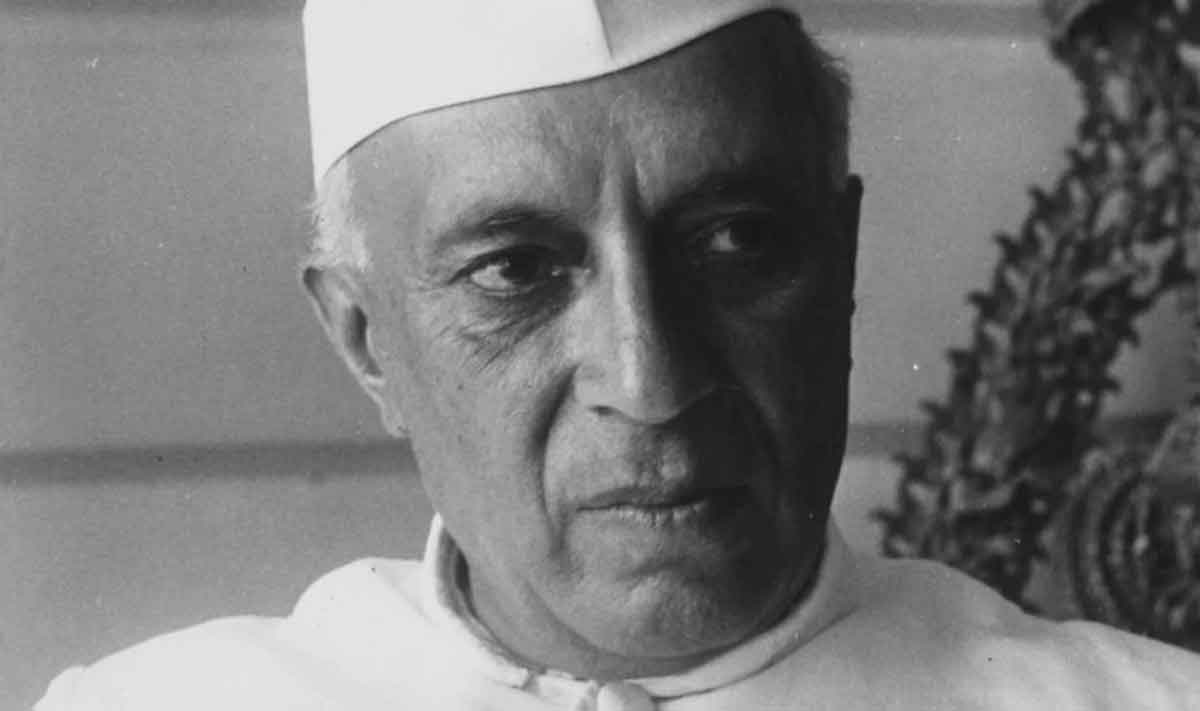 |
References:
opindia.com - OpIndia Staff
 Support Us
Support Us
Satyagraha was born from the heart of our land, with an undying aim to unveil the true essence of Bharat. It seeks to illuminate the hidden tales of our valiant freedom fighters and the rich chronicles that haven't yet sung their complete melody in the mainstream.
While platforms like NDTV and 'The Wire' effortlessly garner funds under the banner of safeguarding democracy, we at Satyagraha walk a different path. Our strength and resonance come from you. In this journey to weave a stronger Bharat, every little contribution amplifies our voice. Let's come together, contribute as you can, and champion the true spirit of our nation.
 |  |  |
| ICICI Bank of Satyaagrah | Razorpay Bank of Satyaagrah | PayPal Bank of Satyaagrah - For International Payments |
If all above doesn't work, then try the LINK below:
Please share the article on other platforms
DISCLAIMER: The author is solely responsible for the views expressed in this article. The author carries the responsibility for citing and/or licensing of images utilized within the text. The website also frequently uses non-commercial images for representational purposes only in line with the article. We are not responsible for the authenticity of such images. If some images have a copyright issue, we request the person/entity to contact us at This email address is being protected from spambots. You need JavaScript enabled to view it. and we will take the necessary actions to resolve the issue.
Related Articles
- Malaysia and Singapore are allowing temple entry with Covid protocols but here in Tamil Nadu, India Devotees are denied entry to Palani temple on Thaipusam festival: Thaipusam is an important festival of the Tamil community
- 'Muh me ram bagal me chhuri' - Gandhi’s politics is hollow and noisy, full of treachery and deceit’: Read what Dr. Ambedkar said about the ‘Mahatma’
- "Dissidents in Saudi Arabia, Israel and India are languishing in Jails and USA is the biggest ally of these tyrants": Elle India publisher Arif Ayyub suffers a meltdown, wants Muslim nations to join military forces against Saudi, UAE and attack Israel
- Controversial conference co-sponsored by Massey University to advocate abolishment of Hindu Dharma
- Anything atrocious and we have Hindu identity to merit, but for the good, we have a tough choice: Mughals, British, or Nehru
- Lets take a new year resolution together to liberate Bharatiya history from the paws of colonial effect
- Chinese propaganda campaign video is busted by Indian Army, shares pictures of Indian Jawans unfurling Tricolour at Galwan Valley
- We present a list of trickery, hypocrisy, and biases of the Islamist propagandist Rana Ayyub as she manages to embarrass herself again by infuriating netizens of Saudi Arabia
- Controversial journalist Rana Ayyub's lies surrounding Gujarat Riots to sell her book ‘Gujarat Files’ came crashing down yet again when Madhu Trehan revealed how she had refused to handover fictional ‘tapes’
- Propagandists spread hue and cry after PM's new Mercedes Maybach which is a routine replacement, but hushed on Sonia Gandhi using Range Rovers procured for the then PM
- Crowdfunding platforms used by Kanhaiya Kumar, Dr Kafeel Khan and Saket Gokhale disappeared mysteriously after collecting funds from public
- ‘Liberal’ elites has issue with Hindu identity of PM Modi and emphasize "Aakhir Albert Pinto Ko Darr Kyun Lagta Hai" – Deciphering the latest rants of Naseeruddin Shah
- Calcutta Quran Petition: A petition to ban the Quran altogether was filed 36 years ago, even before Waseem Rizvi petitioned for removing 26 verses from Quran
- Mumbai ATS tortured and forced witness in the 2008 Malegaon blast case to falsely accuse Yogi Adityanath and RSS leaders
- How Communists betrayed India - 100 Years of Russian Revolution

